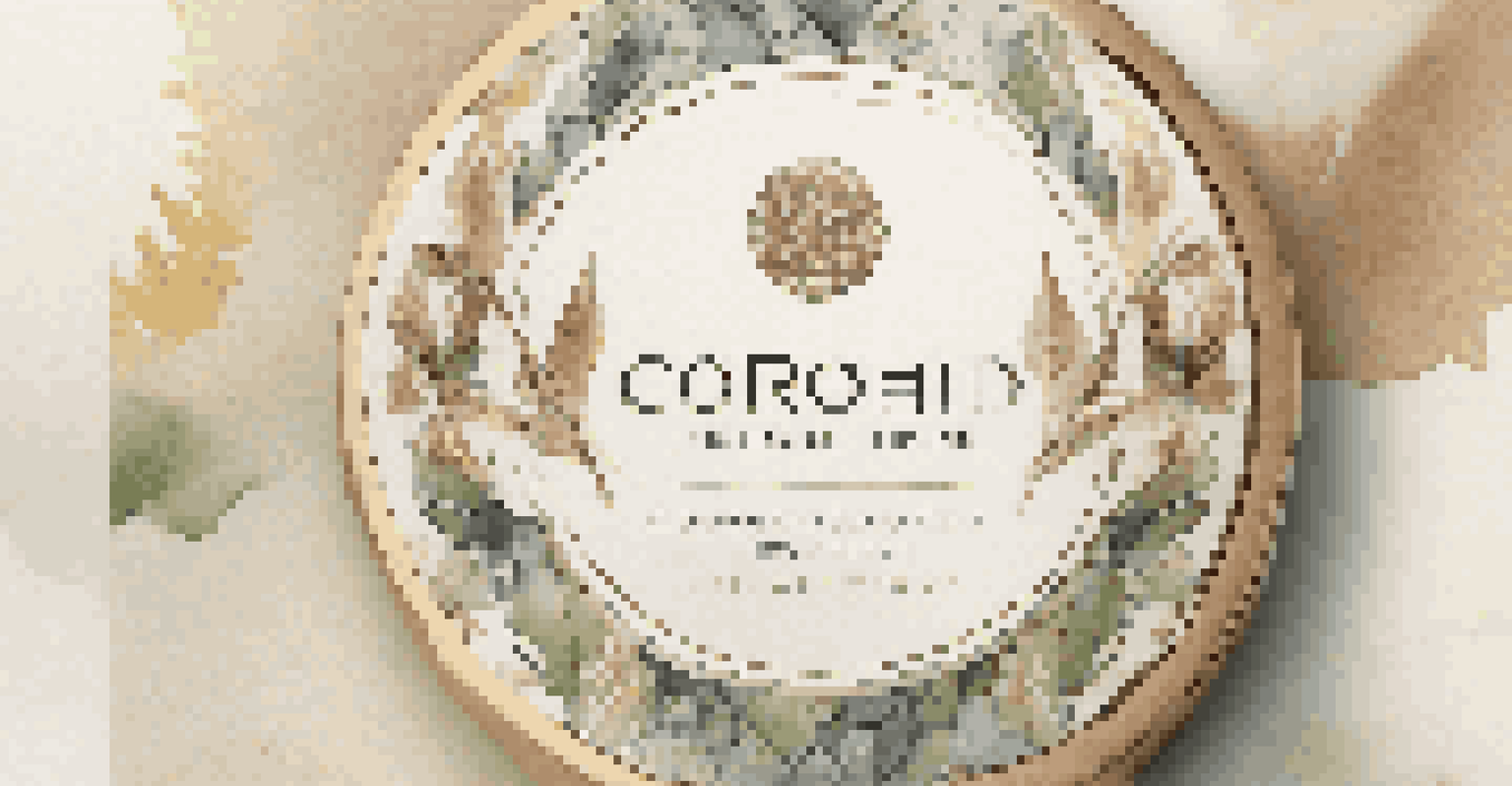The Future of Luxury: Social Responsibility as a Core Value

Understanding Luxury in a Changing World
Luxury has traditionally been associated with exclusivity and opulence. However, as societal values shift, so does the definition of luxury. Today, luxury is increasingly intertwined with ethics and social responsibility, appealing to consumers who prioritize meaningful choices.
Luxury is not about the things you own, but about the experiences you create and the values you uphold.
For many, luxury is no longer just about high price tags or status symbols. It's about aligning with brands that reflect personal values and contribute positively to society. This transformation highlights an essential truth: luxury brands must evolve or risk obsolescence.
As consumers become more conscious of their purchasing power, the demand for brands that embrace social responsibility continues to grow. This shift is not just a trend; it's a fundamental change in how luxury is perceived and valued.
The Rise of Conscious Consumerism
Conscious consumerism refers to the practice of making informed and ethical purchasing decisions. Today’s consumers are more aware of the social and environmental impacts of their choices, leading to a demand for transparency and accountability from brands.

Luxury brands are beginning to recognize this shift, as customers now seek out products that not only meet their personal desires but also align with their ethical standards. This includes everything from sustainable sourcing to fair labor practices.
Luxury Redefined by Ethics
Today's luxury consumers prioritize brands that align with their values and demonstrate social responsibility.
By embracing conscious consumerism, luxury brands not only meet customer expectations but also foster brand loyalty. When consumers feel connected to a brand's mission, they are more likely to become repeat buyers and advocates.
Sustainable Practices in Luxury Brands
Sustainability is a cornerstone of social responsibility and is increasingly being integrated into luxury brands’ operations. This can range from sourcing eco-friendly materials to implementing waste reduction strategies in production processes.
The greatest luxury is not in what you have but in what you can give back to the world.
Brands like Stella McCartney have set the standard by prioritizing sustainable fashion, proving that luxury can coexist with environmental responsibility. Their innovative approaches inspire other luxury brands to follow suit and rethink their practices.
As more brands adopt sustainable practices, the luxury market is witnessing a ripple effect. Consumers are becoming more educated about sustainability, leading them to choose brands that prioritize the planet's health as part of their luxury experience.
The Role of Technology in Driving Change
Technology plays a pivotal role in revolutionizing the luxury industry, especially in promoting social responsibility. Innovations like blockchain provide transparency in supply chains, allowing consumers to verify the ethical sourcing of products.
Additionally, social media platforms enable brands to communicate their values directly to consumers. This interaction fosters a sense of community and accountability, encouraging brands to uphold their commitments to social responsibility.
Sustainability Drives Brand Loyalty
Luxury brands that adopt sustainable practices are not only meeting consumer expectations but also fostering loyalty.
As technology continues to advance, luxury brands must leverage these tools to enhance transparency and build trust. This approach not only attracts ethical consumers but also sets a precedent for others in the industry.
The Impact of Social Responsibility on Brand Identity
Incorporating social responsibility into their core values allows luxury brands to create a more authentic identity. This connection resonates deeply with consumers who seek brands that reflect their ethical beliefs.
Brands that align themselves with social causes often find that this commitment enhances their overall image. For instance, brands that support local communities or advocate for social justice frequently gain loyal followings.
Ultimately, a strong social responsibility ethos can differentiate a luxury brand in a crowded marketplace. By standing for something greater, these brands attract consumers who prioritize purpose alongside luxury.
Challenges in Implementing Social Responsibility
While many luxury brands recognize the importance of social responsibility, implementing these values can be challenging. Balancing profitability with ethical practices often requires significant changes in operations and supply chains.
Moreover, the luxury market is competitive, and some brands may resist altering their established practices for fear of losing customers. However, the long-term benefits of adopting social responsibility far outweigh the initial hurdles.
Technology Enhances Transparency
Innovations like blockchain and social media are key tools for luxury brands to promote transparency and accountability.
By navigating these challenges, luxury brands can cultivate a reputation for integrity and innovation. This commitment not only attracts a new demographic of consumers but also sets a positive example for the industry as a whole.
The Future of Luxury: A Call to Action
As we look ahead, the future of luxury will undoubtedly be shaped by the values of social responsibility and sustainability. Brands that prioritize these values will not only thrive but also lead the industry into a more ethical era.
Consumers have the power to influence change by choosing to support brands that align with their values. As more individuals demand accountability, luxury brands will be compelled to embrace social responsibility as a core principle.

In this transformative landscape, the message is clear: luxury without social responsibility is no longer acceptable. The future of luxury is bright for those willing to evolve and embrace their role in building a better world.